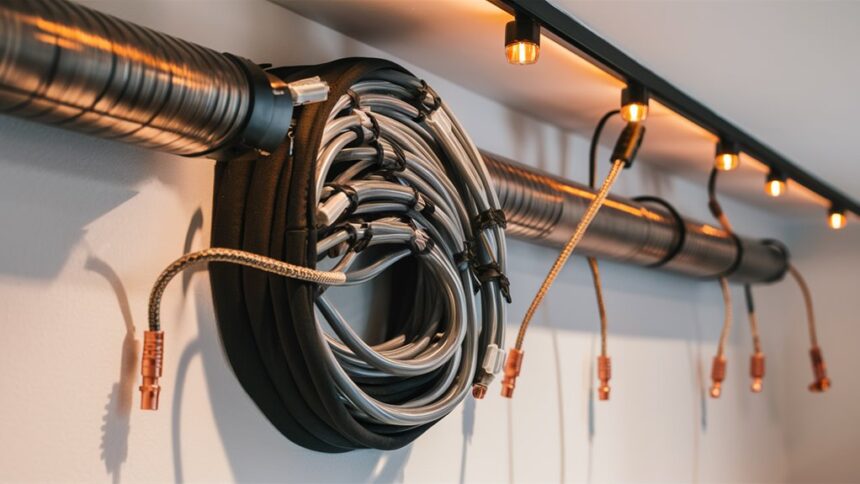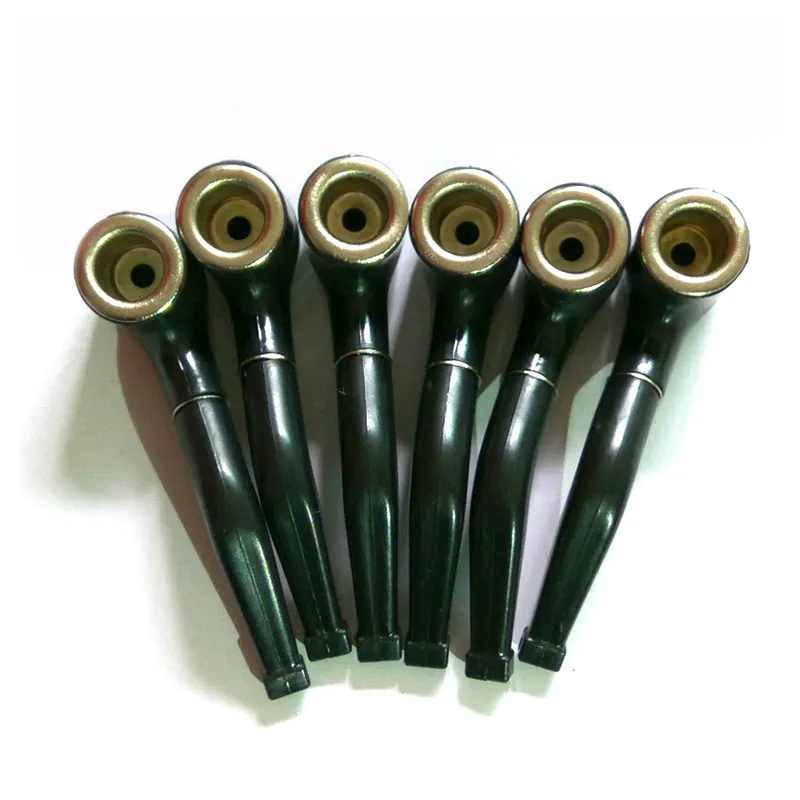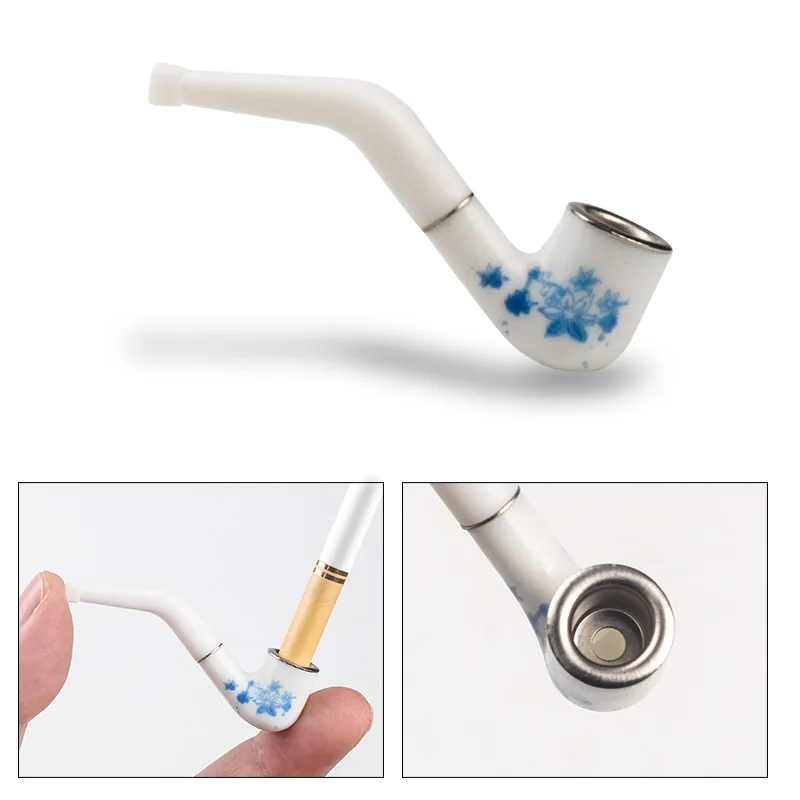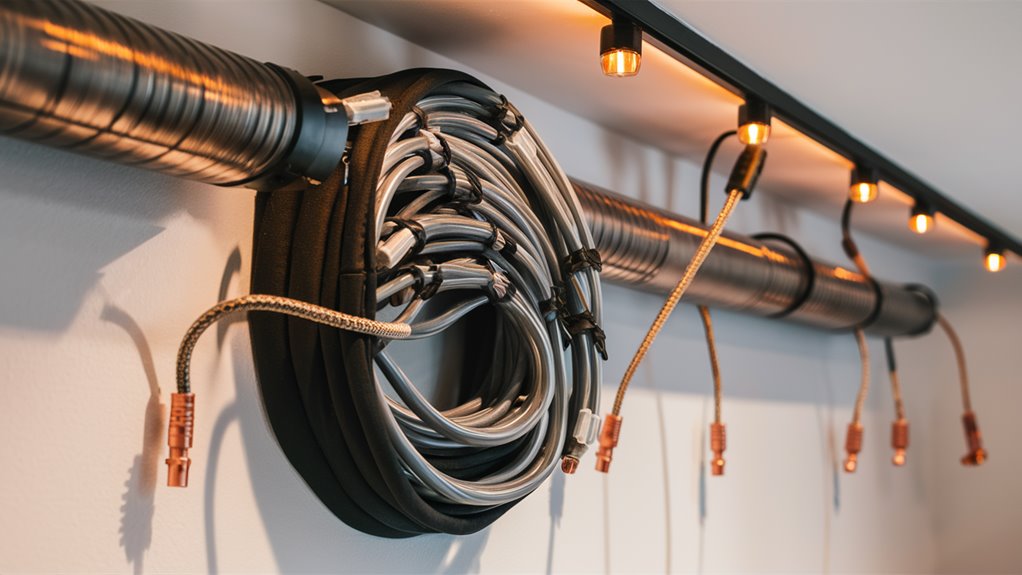
Know Your Room’s Sound Needs
First, see how your room deals with sound. Look at room size, find hard spots, and check how sound flows. These details change sound feel and tell you where to place your gear for top sound.
Choose the Right Gear
Pick audio tools that fit your room size. Main parts are:
- Strong speakers that take the power
- Sound amps that match your speakers
- Digital units to control sound well
- Quality wires for clear sound flow
How to Place Speakers
Set speakers in a V-shape for sharp sound. Make sure:
- Tweeters are level with your ears for clear highs
- Keep them off walls to stop bass from bouncing back
- Balance sound on both sides
Wire Right
Plan your wiring by:
- Keeping power and sound lines apart to reduce noise
- Choosing right wire thickness for each type
- Clean wiring runs and proper ends
- Use covers to lower noise
Tune and Fix Your System
Adjust your setup with tests to reach:
- Smooth sound at all tones
- Good balance between speakers
- Right time settings for clear sound
- Solutions for odd sounds in the room
Learn Your Room First
Start by noting room size and main sound issues like hard spots and echo zones.
Place speakers right and mark spots to fill the space right while keeping ideal distances.
Test Sound and Plan Right
Feel the room’s echo and how sound moves, shaping sound quality.
Spot the best places to sit to make sure sound fills the area without messy spots.
See where power sources are and plan wiring needs.
Set Speakers and Bass
Keep sound equal using the grid rule and think on sound direction.
Test bass places to drop noise and catch sound waves.
For big plans, sort out delay times and set heights for listeners.
Important Gear Choices
Picking well sets a great sound system right for your space and needs. This guide helps you select system parts that match your room’s sound.
Speaker Needs and Setup
Pick speakers with your room size and sound needs in mind. Always think on:
- Room fit
- Fill area
- Sound needs
- Top loudness
Power Needs
Know about power is key in choosing amps. Check:
- Speaker feel
- Room size
- Right Ohm (4 or 8)
- 20% more power than you think you need
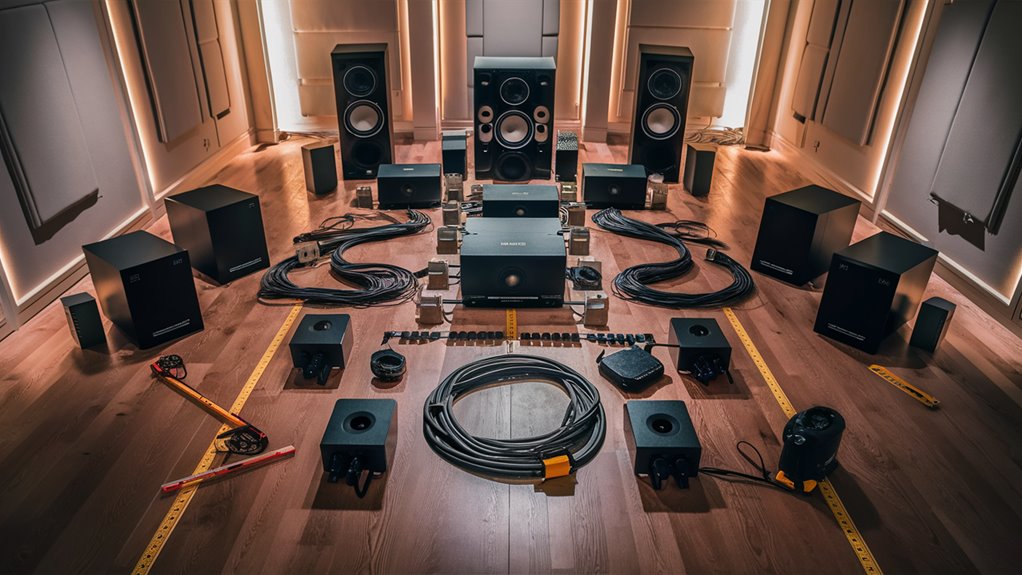
Important Tips for Speaker Spots
Right spots for speakers get great sound setups. The aim is strong setups and less sound issues.
Main Listening Spot
Arrange speakers to form a triangle from your spot, each 30-60 degrees apart. Line tweeters with your ears when you sit, keeping 2-3 feet off walls to cut echoes.
Pick the Best Wires
Choosing strong wires helps keep sound clear. Copper wires in 12 or 14 gauge are top for less than 50 feet, for more, pick 10 gauge.
Smart Set Up Tips
Plan wire runs well, through wall pipes or cable spots. Making loops at links lets you adjust later while keeping wires tight. Keep signals and power separate – set them apart and cross at right angles to lower noise.
<Ends and Wire Order
Tag wires well at each end with clear labels or pro tags. Gold-coated ends with solid clamping or welding help signals flow well. Hold wires correctly every 4-6 feet using the right clips, think about temperature shifts.
Start with Signal Tests
Checking signal paths is essential for setting any top sound system. Begin by testing each sound path from source tools through mixers to amps and speakers. Use expert tone tools to make sure paths are right and keep sound phases matched across all channels.
Measure Sound Smartly
Sound checks need smart tools, including a set mic and real-time sound checker (RTA). Take measurements at various spots to map full tone response. This data shows room sound patterns, stuck wave patterns, and odd sounds that need fixing.
Tune Your System Right
Use digital tools on key areas:
- Setting tone cross points
- Tweaking times
- Adjusting sound curves
Tune each sound area alone while keeping real sound feels. Make sure tone response is even through good tuning and watch how parts gel.
Check Performance
Do full system tests with various sounds on all inputs. Check sound clarity at all levels.





